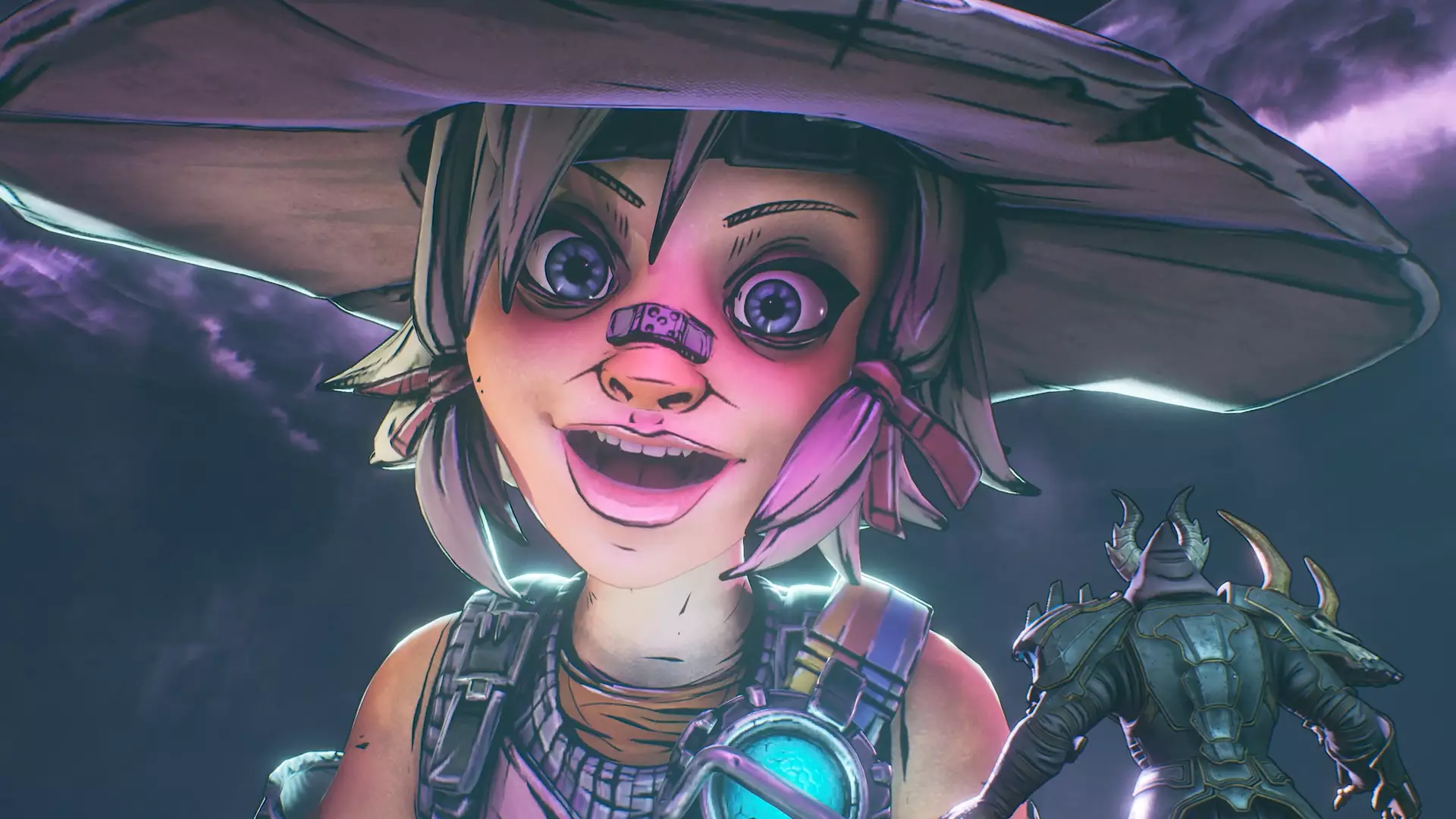In the realm of video games, few characters have captured the hearts of players quite like Tiny Tina from the Borderlands franchise. Known for her quirky charm and outrageous antics, she has become synonymous with the series since her introduction in Borderlands 2. However, recent comments from Ashly Burch, the talented voice actor behind Tiny Tina, have left fans wondering whether we will hear her iconic voice in Borderlands 4. In an interview with Ginx TV, Burch revealed, “I haven’t heard anything” regarding her return for the next installment. This admission raises critical questions about Gearbox’s direction for the upcoming game and the potential repercussions of leaving out one of its most beloved characters.
A Character’s Evolution and Franchise Potential
Initially introduced as a minor character, Tiny Tina’s role quickly evolved, culminating in her leading a DLC titled “Tiny Tina’s Assault on Dragon’s Keep,” a creative Dungeons & Dragons parody. This expansion not only solidified her popularity but also paved the way for her spin-off game, Tiny Tina’s Wonderlands, which enjoyed significant commercial success. With Gearbox and 2K recognizing the character’s profitability by branding it as a new franchise, one has to wonder why, in the face of her successful evolution, they would choose to exclude her from Borderlands 4.
The absence of a fan-favorite character like Tiny Tina can be a daunting gamble. While it’s clear that Gearbox has broadened the scope of the Borderlands universe, skipping a character that has contributed so much to its identity could lead to unforeseen alienation among long-time fans. The risk of implementing a storyline devoid of her unique spin could diminish the game’s allure, as Tina is not just a character; she represents the series’ offbeat humor and chaotic energy.
Hope for the Future Amid Uncertainty
It’s interesting to consider what Tiny Tina’s absence may imply for the franchise. While Burch’s potential unavailability could be a simple oversight from Gearbox, there is also the possibility of greater narrative shifts. Ultimately, each character embodies specific stories and dynamics that weave into the intricate tapestry of the Borderlands universe. Choosing to move on from such a recognizable figure could hint at a broader thematic exploration the developers may be aiming for—one that may not rely on its classic characters. If this is indeed the direction, it reflects a level of ambition to innovate, even if it could provoke backlash from fans who cherish the series’ established elements.
Furthermore, while Burch’s comments bring an air of uncertainty, the possibility remains that Gearbox could be employing clever misdirection. It is not unusual for creators to keep details under wraps to enhance the surprise factor when a game finally drops. Given the landscape of gaming, it’s essential to allow room for flair and unpredictability.
The Risk of Change
Change can be absolutely necessary, yet it also comes with its own set of challenges. Avatar-based franchises heavily rely on the audience’s attachment to their heroes; abandoning a cornerstone character could jeopardize that relationship. The implications stretch beyond just narrative choices—they speak directly to the marketing strategy and community connection a franchise must nurture.
Players invest time not just in gameplay but also in the relationships formed with characters like Tiny Tina. If Gearbox chooses not to honor this bond, the question remains: will Borderlands 4 be able to resonate without her? As anticipation grows, fans are left at a crossroads, hoping that Gearbox has a well-crafted plan while simultaneously wrestling with the uncertainty surrounding one of their favorite characters.

